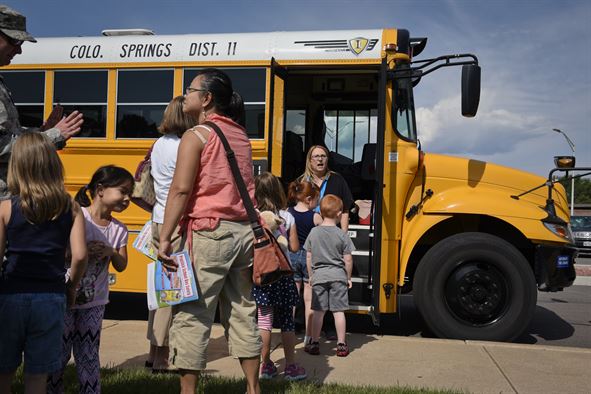Military families move both in and out of states on a regular basis. Parent centers can offer families some of the following select resources gathered from the Center for Parent Information and Resources (CPIR), US Department of Labor, US Department of Education, Social Security Administration, and the Centers for Medicare and Medicaid Services.
NEW! We’ve added this for military families. Although it’s helpful to highly-mobile families with children of any age, it may be especially useful for transition-age youth whose families are new to a state.
Directory-University Centers for Excellence in Developmental Disabilities (UCEDDs)
Directory of LEND programs
Each resource is nationwide and provides state-specific information. Parent centers can encourage military-connected youth and their families to research state and local agencies in advance of a move, locate and make contacts, and start achieving transition goals in their new location. At the end of this article, there is a handout for parents and youth you can brand with your parent center’s logo.
Employment
Employment Center at Installations (listed on installation websites under Morale, Welfare and Recreation)
List of Vocational Rehabilitation agencies by State – from the US Department of Labor
Federal Schedule A Hiring Authority Fact Sheet: Tips for Youth and Young Adults with Disabilities Interested in Starting a Career with the Federal Government 84% of Federal jobs are located outside the greater Washington, DC area! The Schedule A Hiring Authority bypasses the traditional methods for getting a Federal job and allows individuals to apply for a Federal appointment through a noncompetitive process. If an individual meets the eligibility requirements for the appointment and the minimum position qualifications, he or she can be hired without competing with the general public.
careeronestop>Find Local Help -US Department of Labor. This extensive site is mobile-friendly.
Other interesting links include the Apprenticeship Office Finder, and the Native American Program Finder.
Employment and training helpline at careeronestop:
1-877-US2-JOBS
(1-877-872-5627)
TTY: 1-877-889-5627
Bureau of Labor Statistics K-12 Student Resources: interactive tools for major metropolitan areas, regions and States on the economy and employment; designed for student use.
College
Education Center at Installations (listed on the installation website under Morale, Welfare and Recreation)
Community College finder (from careeronestop)
If the military-connected youth you’re assisting has intellectual disabilities or autism, Think College has nation-wide resources for youth who would like to attend college and their parents.
What’s Happening in Your State? Interactive map or table for learning about activities, policies, legislation, and contact information about postsecondary education for students with intellectual disability, by State. Includes links to relevant websites.
Find a College: interactive map with information on 265 college programs for students with intellectual disability by State, plus the How to Think College Guide to Conducting a College Search.
Government Benefit Agencies
Interactive Map of State Medicaid and CHIP Profiles (Medicaid.gov): Information includes a State’s Demonstrations and Waivers.
Social Security Office Locator by Zip Code

